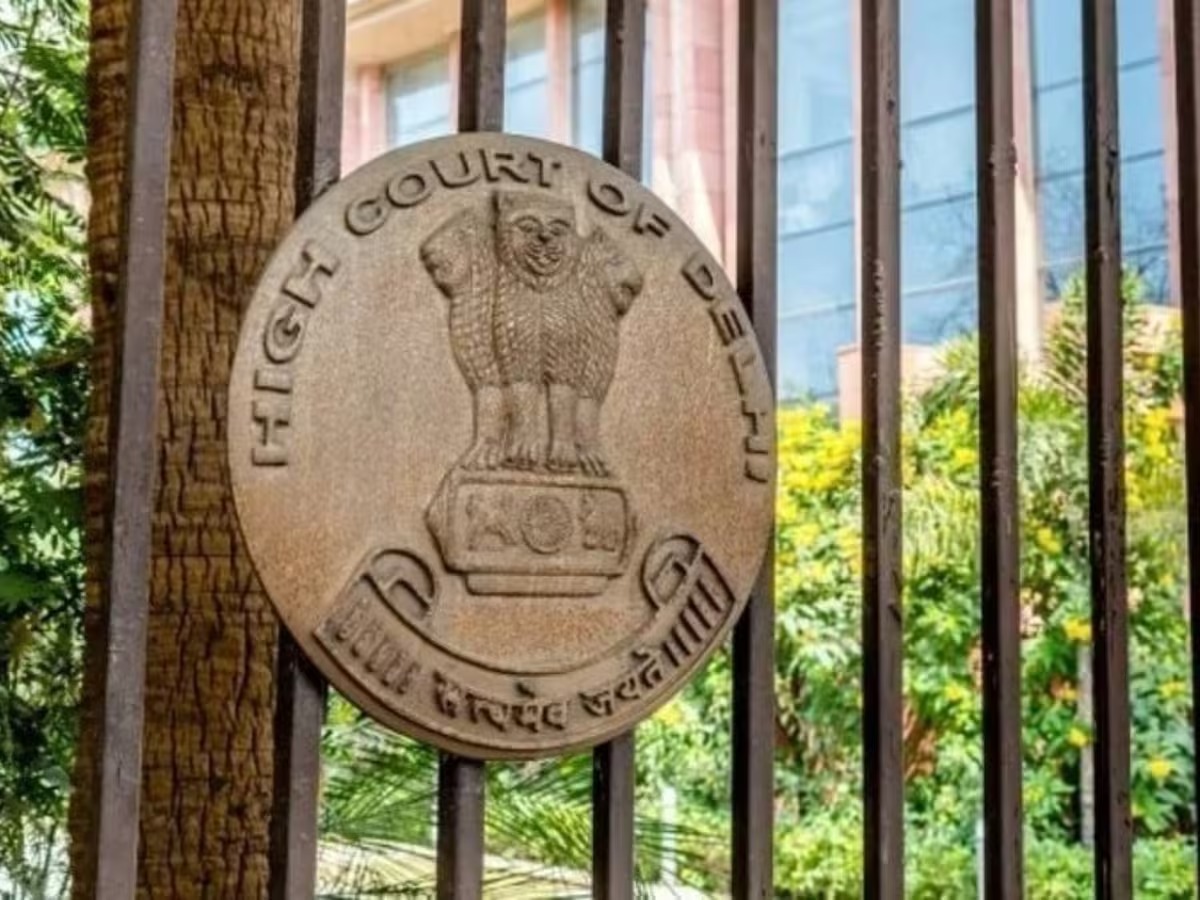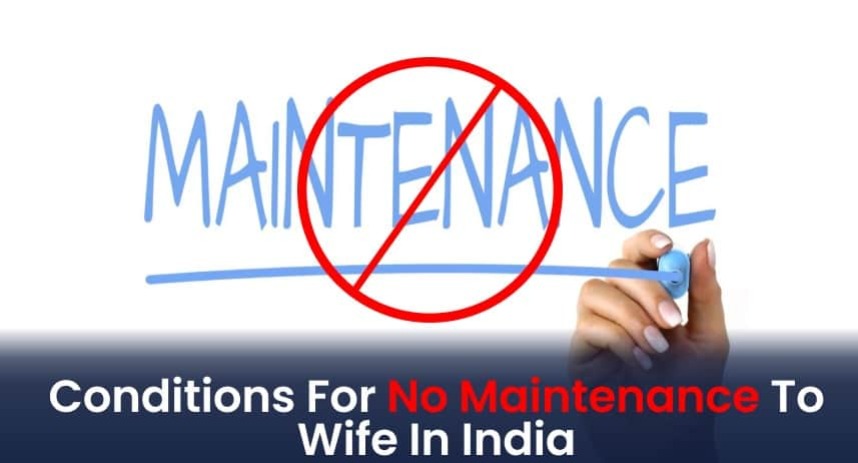@JUDGMENTTAG-ORDER
K.L. Issrani, J.
This is a revision petition by the wife against the order dated 21-3-1984, passed by the Additional Sessions Judge, Balaghat, in Criminal Revision No. 57 of 1983, by which the order dated 1-9-1983, passed by the Judicial Magistrate First Class, Waraseoni, in Miscellaneous Criminal Case No. 38 of 1981, granting maintenance u/s 125 of the Code of Criminal Procedure has been reversed.
Admittedly, the applicant is the legally wedded wife of the non-applicant. On 15-5-1981, the non-applicant contracted second marriage and the applicant is living separately with her parents.
The case of the applicant is that after the second marriage of the non-applicant, he started treating the applicant with cruelty. A son was also born to the non-applicant out of the wedlock of the second marriage. The cruelty became unbearable. Her father had to get her custody through a search warrant from Court. As such, she was compelled to leave the house of the non-applicant and live with her parents. According to her, on 8-4-1981, signatures on some blank papers were taken from her in the Court premises forcibly. She was informed that some agricultural land is being given to her. But, subsequently it was found that it was a consent deed permitting the non-applicant to have a second marriage. According to her, she never consented to it. Since she was not being maintained by the non-applicant, she filed an application before the Trial Magistrate u/s 125, Criminal Procedure Code for grant of maintenance of Rs. 150/- per month, submitting that the non-applicant has 10 acres of agricultural land and other sources of income.
The non-applicant, in reply, had submitted that the applicant was a consenting party to the second marriage. After her consent only the second marriage was performed by the non-applicant. The non-applicant further submitted that the applicant is not entitled to live separately and claim the amount of maintenance. Cruel treatment to the applicant was also denied.
The Trial Magistrate, on thrashing the evidence, found that the document Ex.N.A.l (the alleged consent deed), was written by the applicant with her consent. However, the Trial Magistrate found that since the non-applicant had contracted second marriage and has one issue from that marriage, the applicant was justified in living separately. The Trial Magistrate assessed the income of the non-applicant at Rs. 1,000/- per month and granted maintenance to the applicant at the rate of Rs. 75/- per month only.
Against the said order, of the Trial Magistrate, the non-applicant filed a criminal revision before the lower revisional Court, which has been allowed on the ground that since the applicant was a consenting party for second marriage, she is not entitled to claim maintenance.
Learned counsel for the applicant submitted that the lower revisional Court has ignored the explanation to the second proviso to Sub-section (3) of Section 125, Criminal Procedure Code, which says that if a husband has contracted marriage with another woman or keeps a mistress, it shall be considered to be a just ground for his wife''s refusal to live with him. He has submitted that the living of the applicant separately with her parents is under the compelling circumstances of cruelty to the applicant by the non-applicant after his second marriage and the order of the lower revisional Court deserves to be set aside.
Learned counsel for the non-applicant, on the other hand, has submitted that the point of consent is a point of fact. He has further pointed out that since the applicant has not pleaded and proved "inability to maintain herself, her application is liable to be dismissed on that ground alone.
On hearing learned counsel for both the parties and on going through the records of the Courts below, I am of the opinion that this revision deserves to be allowed. Though the wife applicant has not mentioned the wordings "unable to maintain herself it will not debar her from claiming maintenance. u/s 125, Criminal Procedure Code, a strict rule of pleadings does not apply. The assertion of the wife that she is not doing anything is sufficient to attract the provisions of Section 125, Criminal Procedure Code. The omission to state about "inability to maintain herself is not fatal. It is only a technical irregularity. The application, therefore, cannot be dismissed on that ground.
The fact that the husband has contracted a second marriage and the husband is staying with that wife and has a son from that wife, itself, may tend to a cruelty to the previously wedded wife and that wife is entitled to live separately and claim maintenance. She is justified in doing so. Her such act is squarely covered under the explanation to second proviso to Sub-section (3) of Section 125, Criminal Procedure Code. Here it is further to be noted that the execution of the document Ex.N.A.l was admittedly on account of physical unfitness of the applicant. The non-applicant, in his reply to the application u/s 125, Criminal Procedure Code, has himself written in paragraph 2 thereof that from the very beginning the applicant was physically weak and unfit. This itself goes to show that the physical unfitness is the ground of the husband''s second marriage. On the mere fact that the wife has not pleaded the particular words "unable to maintain herself it cannot be presumed that she is able to earn. Further the non-applicant has pleaded in his reply that the applicant is earning from agricultural fields, which also he has failed to prove. The result is that the applicant is unable to maintain herself and she, being justified in living separately after second marriage of the non-applicant, is entitled to claim maintenance u/s 125, Criminal Procedure Code. Even if we take it for granted that the document Ex.N.A.l was written with the consent of the applicant, this document does not debar her to live separately for the subsequent conduct and cruelty of the non-applicant with her.
In the result, the revision is allowed. The order passed by the lower revisional Court in Criminal Revision No. 57 of 1983 is set aside and the order passed by the Trial Magistrate is restored.

